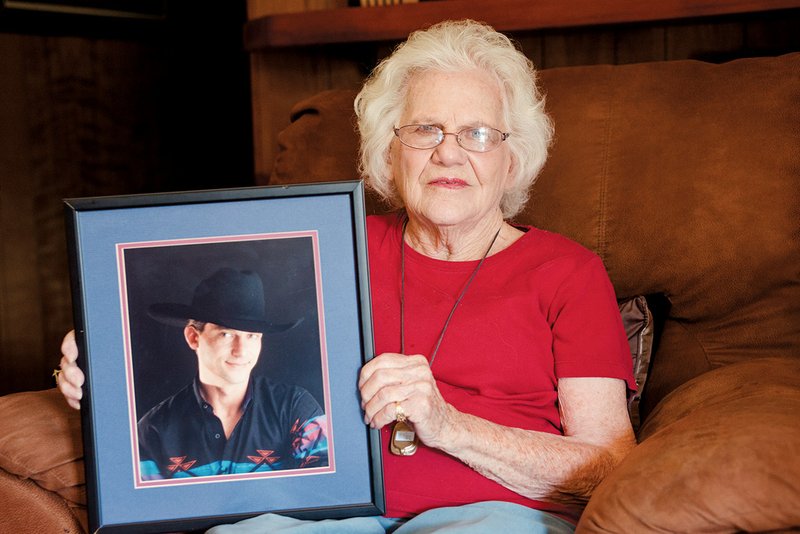September is National Suicide Prevention Awareness Month, and many people who have been impacted by suicide are working to get out a message of hope and understanding in order to help save lives.
Dixie Branscum said she did not know the extent of her brother, Sidney Conner’s, personal problems leading up to his suicide. Sidney was eight years younger than Dixie, and the family did not talk too much about her little brother’s depression.
Still, when the family got together for holidays as they grew up, Dixie knew that Sidney was “feeling down” a lot. He was switching jobs a lot, including an unsuccessful stint in the military, and could not maintain a successful relationship. Dixie said that although she could recognize her brother was depressed, she did not know the extent of his problems.
“My parents never really shared with us anything that was going on with Sidney,” she said. “We knew things were going on, but they did not share their concerns or the severity of the problem. It was not until after his death that we found out he had an official diagnosis of schizophrenia.”
Some of that hesitance to share could have come from a misunderstanding or stigma attached to mental illness, Dixie said, and those mentalities persist and prevent many families from understanding what their loved ones are going through.
Sidney stayed with his mother, Mary, for a while as an adult, and Dixie said he went to therapy several times in Searcy. The family does not know what came out of those sessions, and his situation continued to deteriorate.
“He was extremely nervous,” Dixie said. “He became an alcoholic. He abused drugs. He attempted suicide, and we did not know this until later. We just didn’t know about those things.”
Eventually, Sidney moved to Albuquerque, and his mother had planned to go out to see him. One week before that trip, the family got a phone call from a police station in California telling them that Sidney had committed suicide.
“She was going to be the one to walk in and find him,” Dixie said.
After his suicide, Mary went for a short time to a support group for people who lost loved ones to suicide. Dixie, on the other hand, grieved and processed her brother’s death by reading through the boxes of notebooks Sidney left behind.
“He had written notes after notes,” she said, “There are probably 45 to 50 notebooks full of information. I was very, very interested in what was going on in his head.”
Some of those notes are understandable, Dixie said, but others show the state of mental illness he was in.
Understanding that the mental illness Sidney had was in fact a disease was important to Dixie, and she and her other siblings were able to explain that to their mother.
“We finally convinced my mother that Sidney had a disease,” she said. “Once we told her that he had a disease, she was able to handle it a little bit better.”
Looking back, Dixie said, she asked her brother questions about what he was going through, but she did not know what to do with the answers she got. Now, after experiencing this in her own family, Dixie said it is important to work against the stigma of depression and mental illness so that others feel free to seek the help they need.
“Sometimes when people are depressed, they think they don’t need any help, and it’s embarrassing and there’s a stigma attached, so they don’t do anything,” she said. “That’s the sad part. But getting the word out about what depression is is so important.”
Dixie just finished a term on the board of the Dr. Robert E. Elliot Foundation. The foundation, which is based in Searcy, is an organization dedicated to educating the public about depression. The foundation also provides tools to prevent suicide and offers support for family and friends of those who have chosen to take their own lives.
According to the American Foundation for Suicide Prevention, 50 to 75 percent of all people who attempt suicide will tell someone of their intentions. The Dr. Robert E. Elliot Foundation encourages friends and family of someone who has threatened suicide or seems to be considering suicide to take action by showing concern, encouraging the person to seek professional help and not leaving the person alone if he or she has hinted at specific plans.
Information on suicide prevention, health care providers, the Survivors of Suicide Support Group and other resources can be found at www.elliottfoundation.com or by calling (501) 278-4357.
For those thinking about suicide, help is available by calling the Suicide Prevention Lifeline at (800) 273-TALK (8255).
Staff writer Angela Spencer can be reached at (501) 244-4307 or aspencer@arkansasonline.com.
